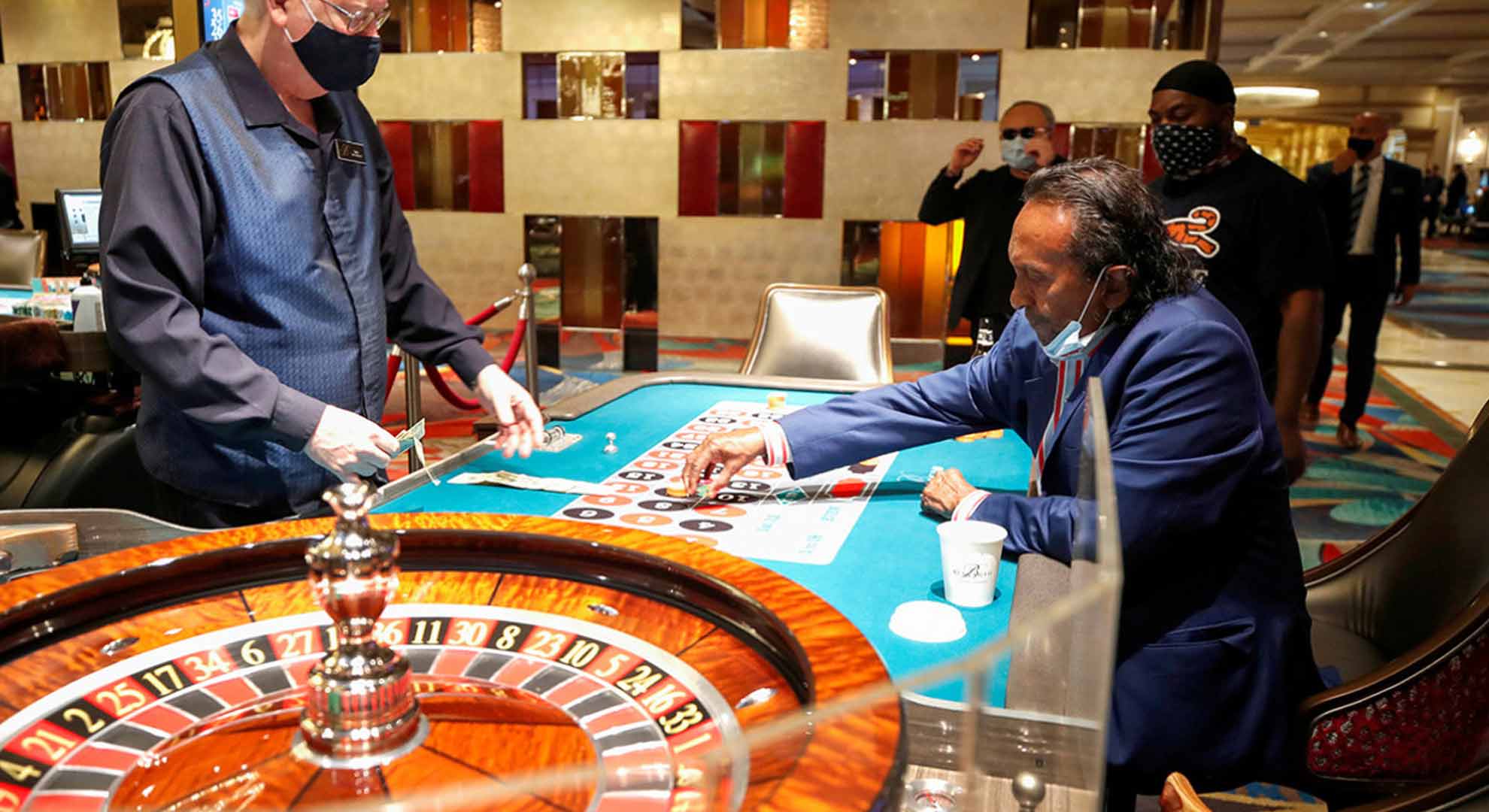How Casino Dealers Master Sleight of Hand
```htmlHow Casino Dealers Master Sleight of Hand
The allure of the casino often hinges on the perception of chance, a delicate dance between luck and strategy. But behind the flashing lights and the clatter of chips lies a world of honed skills, especially among casino dealers. While integrity and adherence to rules are paramount, a subtle command of sleight of hand techniques can significantly influence the game, though ethically and legally within the bounds of their profession. This article delves into the methods, training, and ethics surrounding how casino dealers master sleight of hand.
The Need for Dexterity: Beyond Shuffling Cards
The most obvious sleight of hand skill is card manipulation. Dealers aren't just shuffling; they're riffle shuffling, overhand shuffling, and strip shuffling with a speed and precision that ensures a truly randomized deck. However, these techniques also offer opportunities for subtle manipulation, such as bottom dealing (dealing the card from the bottom of the deck instead of the top) or second dealing (dealing the second card instead of the top). These techniques are generally not used for nefarious purposes, but require an insane amount of training.
Beyond cards, dealers also handle chips with exceptional skill. Stacking, counting, and quickly calculating payouts are essential. A skilled dealer can subtly influence chip distribution or create the illusion of fairness while subtly favoring the house. This is why, if you are looking for a fair casino with fair odds, you should check out an m88 casino login register philippines and see for yourself!
The Rigorous Training Process
Aspiring casino dealers undergo extensive training programs, often lasting several weeks or even months. These programs focus on:
- Card Handling Techniques: Mastering various shuffling methods, dealing techniques, and card counting strategies (not for cheating, but to understand the game flow).
- Chip Handling: Learning to quickly and accurately stack, count, and exchange chips.
- Game Rules and Procedures: Understanding the intricate rules of each game and how to manage them fairly.
- Customer Service: Developing excellent communication and interpersonal skills to interact with players.
- Security Protocols: Recognizing and preventing cheating attempts, both by players and other dealers.
A significant portion of the training involves practicing sleight of hand techniques. Dealers use specialized decks and equipment to hone their skills under the watchful eye of experienced instructors. Repetition and constant feedback are crucial for developing the necessary muscle memory and dexterity.
Techniques Employed (and Their Ethical Implications)
While the following techniques exist, it's crucial to remember that ethical casino dealers do *not* use them to cheat. Understanding them helps appreciate the skill involved and the safeguards in place to prevent misuse:
- Bottom Dealing: Dealing the bottom card of the deck instead of the top.
- Second Dealing: Dealing the second card from the top.
- False Shuffles: Creating the illusion of a shuffle while maintaining the original order of the cards.
- Palming: Concealing a card in the palm of the hand.
- Chip Manipulation: Subtly adding or removing chips from a stack during payouts.
Casinos employ numerous security measures to deter and detect cheating, including surveillance cameras, pit managers, and strict internal controls. Dealers are constantly monitored, and any suspicion of foul play is thoroughly investigated.
The Importance of Misdirection and Psychology
Sleight of hand isn't just about physical dexterity; it's also about misdirection and understanding human psychology. A skilled dealer can subtly influence a player's perception by using their body language, eye contact, and verbal cues. This can create the illusion of fairness even when the odds are slightly tilted in the house's favor (which is inherent in most casino games). Dealers are trained to be charismatic and engaging, creating a positive atmosphere that keeps players entertained and coming back for more.
Ethics and the Casino Dealer
The ethical responsibility of a casino dealer is paramount. Their primary duty is to ensure a fair and honest game for all players. Cheating, whether for personal gain or on behalf of the house, is strictly prohibited and can result in severe penalties, including termination of employment and legal prosecution. Reputable casinos prioritize integrity and ethical conduct among their staff, implementing rigorous background checks and ongoing training to reinforce these values.
Conclusion: A Skillful Balancing Act
Mastering sleight of hand is a critical skill for casino dealers, enabling them to efficiently manage games, handle chips with precision, and create a captivating atmosphere. While the potential for manipulation exists, ethical casinos prioritize integrity and fairness, ensuring that the game remains a genuine contest of chance and strategy. The true mastery lies not in cheating, but in creating a seamless and entertaining experience for all players involved. To see how casinos maintain this balancing act, research the rules and regulations in specific jurisdictions and always gamble responsibly.
```tag: M88,



